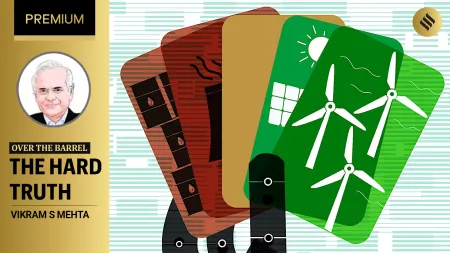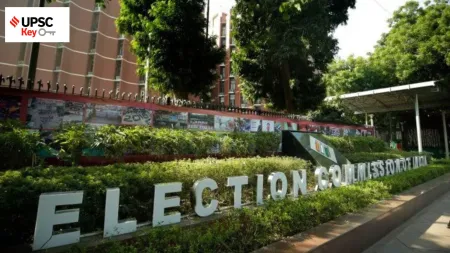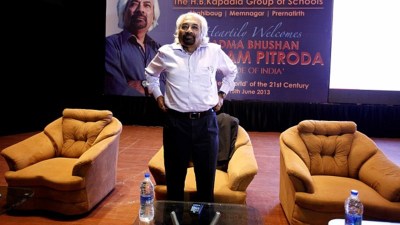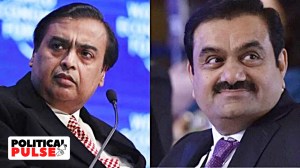- India
- International
After GM, Harley, Ford Motor drives out, shuts plants
The American company said it had accumulated losses of over $ 2 billion in the last 10 years, and that the phased closure of its two production units in Sanand, Gujarat, and Chennai, Tamil Nadu, would affect approximately 4,000 employees.
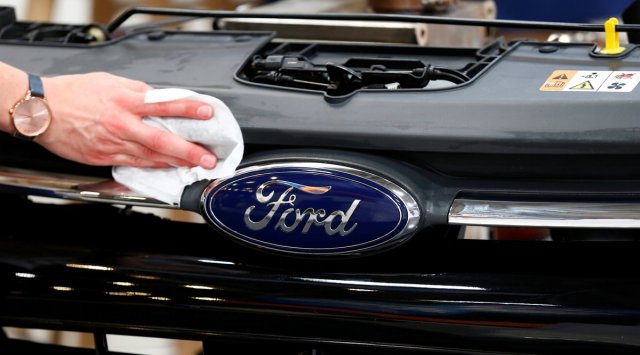 A worker cleans a part of the front of a Ford ahead of the Munich Motor Show IAA Mobility 2021 in Munich, Germany, September 6, 2021. (REUTERS)
A worker cleans a part of the front of a Ford ahead of the Munich Motor Show IAA Mobility 2021 in Munich, Germany, September 6, 2021. (REUTERS)Ford Motor Company, one of the first global carmakers to enter the Indian market following the liberalisation that began in 1991, has decided to end manufacturing operations in the country.
The American company said it had accumulated losses of over $ 2 billion in the last 10 years, and that the phased closure of its two production units in Sanand, Gujarat, and Chennai, Tamil Nadu, would affect approximately 4,000 employees.
Ford joins a growing list of global vehicle makers that have stopped operations in the world’s fourth largest automobile market over the last five years. In that list are Ford’s American rival General Motors (GM) and the American motorcycle company Harley-Davidson.
Ford’s announcement came just months after discussions to transfer its operations to local rival Mahindra & Mahindra were called off. Ford in India was also reported to be in talks with mobility tech company Ola for the latter’s plan to manufacture electric scooters, before Ola decided to go alone and set up a gigafactory of its own.
The Dearborn, Michigan-headquartered auto major’s two plants in India have an annual manufacturing capacity of 400,000 units, but lately it had been operating at a utilisation of 20 per cent, half of which was being exported.

In August, Ford had a share of 1.4 per cent in the Indian market, which is dominated by Japan’s Maruti Suzuki and South Korea’s Hyundai Motor, who together have more than 60 per cent share.
Ford India said that it would continue to sell imported CBU (Completely Built-up Unit) models, and would “significantly expand its 11,000-employee Business Solutions team in India in coming years to support Ford globally”.
“As part of our Ford+ plan, we are taking difficult but necessary actions to deliver a sustainably profitable business longer-term and allocate our capital to grow and create value in the right areas,” Jim Farley, president and CEO of Ford Motor Company, said.
“Despite investing significantly in India, Ford has accumulated more than $ 2 billion of operating losses over the past 10 years and demand for new vehicles has been much weaker than forecast,” he said.
Before Ford, GM closed its manufacturing unit in Halol, Gujarat, in 2017, and sold its Talegaon, Maharashtra, facility to China-based Great Wall Motors.
GM subsequently stopped sales in India citing mounting losses and near-negligible sales.
In September last year, Harley-Davidson announced the closure of its production facility in Bawal, Haryana, in addition to “significantly reducing” the size of its sales operations in Gurgaon.
In a statement, Ford said it would cease manufacturing vehicles for sale in India immediately. Manufacturing for export will wind down at the Sanand vehicle assembly plant by October-December 2021, and at the Chennai engine and vehicle assembly plants by April-June 2022.
Uncertain future for automakers
The decision by Ford comes at a time when industry leaders have flagged concerns over slowing consumer demand, runaway fuel prices, and the high taxation impact on the sector, which is currently in the process of transitioning to an electric future.
“More than 500 employees at the Sanand engine plant, which produces engines for export for the best-selling Ranger pickup truck, and about 100 employees supporting parts distribution and customer service, also will continue to support Ford’s business in India,” the statement said.
At the annual convention of the Society of Indian Automobile Manufacturers (SIAM) last month, top executives of vehicle makers had raised concerns over high taxation and rising fuel costs.
“The industry has been witnessing comparatively slower growth in the last 18 months… There have been a lot of statements about the importance of the automobile industry, but in terms of concrete action, which would reverse the decline, I haven’t seen any action on the ground. I don’t think the car industry would revive either with ICEs, or with the CNG, biofuels or EVs unless we address the question of affordability of cars for the consumers,” Maruti Suzuki chairman R C Bhargava had said.
TVS Motor Company chairman Venu Srinivasan had said at the convention: “The basic mode of transportation for the country is being taxed at 28 per cent GST, equal to that of a luxury product. I would like to ask, are we being recognised? Is the automotive industry being recognised for what it has contributed to employment, to revenues and to earning of foreign exchange?”
Ford said it would begin importing and selling some of its premium and electric vehicles in India, while sales of its current products such as Figo, Aspire, Freestyle, EcoSport and Endeavour would cease once existing dealer inventories were exhausted.
It also said that it would work closely with employees, unions, suppliers, dealers, government, and other stakeholders in Chennai and Sanand “to develop a fair and balanced plan to mitigate the effects of the decision”. It would expand its 11,000-employee business solutions team in India that comprises software developers, data scientists, R&D engineers, and finance and accounting professionals in the coming years, it said.
Globally, Ford has prepared an electric vehicle strategy with plans to invest $ 22 billion through 2025, and is electrifying its existing products such as the Mustang, F-150, and Transit. It said that some of its hybrid and fully electric vehicles, such as Mustang Mach-E, will also be available in India.
A major part of Ford’s EV strategy though, is focused on North America and Europe. In Europe, it is partnering with carmakers such as Volkswagen, particularly for markets where Ford itself does not have scale.
While India’s auto market has been described as tough to crack, Hyundai subsidiary Kia Motors and China’s MG Motor are among the exceptions, having made significant inroads over the last couple of years.
May 08: Latest News
- 01
- 02
- 03
- 04
- 05








